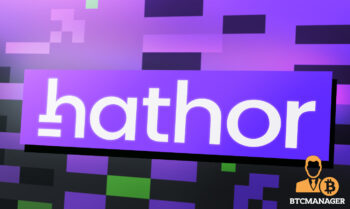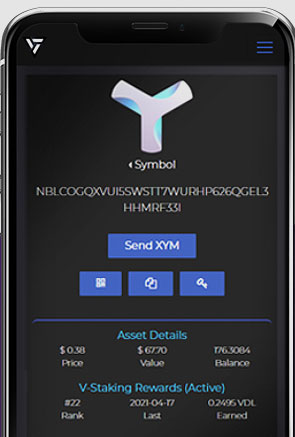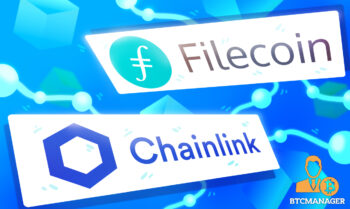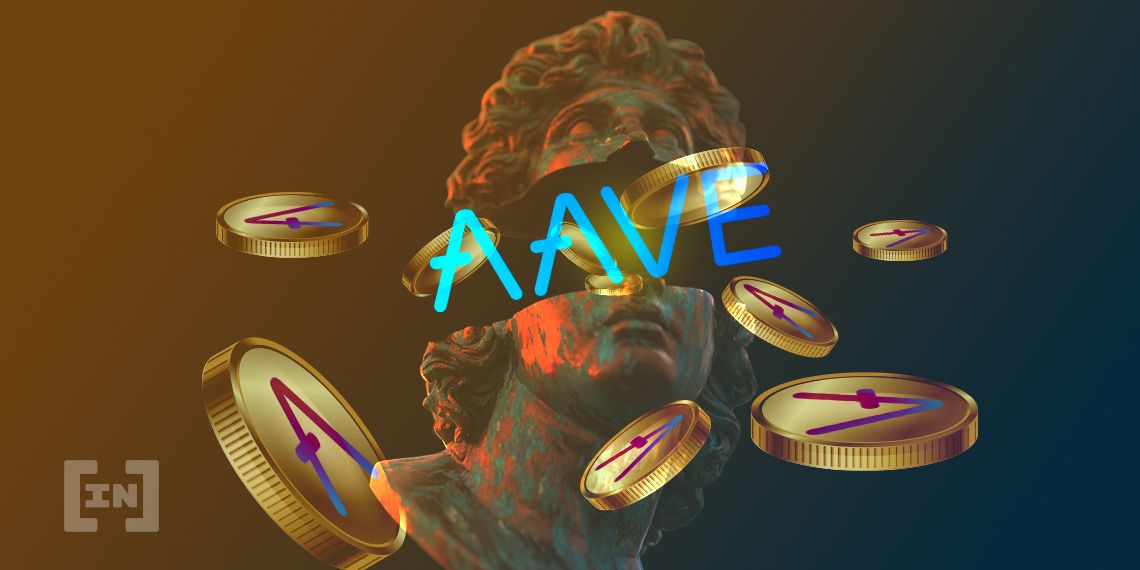2021-8-3 08:46 |
Phala Network, a trustless Web 3.0 computation platform that enables massive cloud processing without sacrificing data confidentiality, has launched Khala Network, its first-ever parachain on Kusama following a successful slot auction bid. More than 2,700 community members showed their support for the project by rallying to Crowdloan 132,280 $KSM (worth $25.86 million USD at the time of writing), demonstrating an appetite for trustless, decentralized innovations that challenge the Big Tech status quo.
In a digital era where privacy is paramount, existing Web 2.0 technologies have proven ineffective at safeguarding user data given the inherently vulnerable structure of their centralization. Fortunately, Phala has a solution: a truly decentralized cloud compute network. By combining blockchain’s cryptographic properties with the scalability and privacy of Trusted Execution Environment (TEE) CPUs, Phala Network’s Web 3.0 cloud secures data privacy while accomplishing the most demanding of computations.
Today’s data-driven world has shown a growing need for trustless configurations that enable the secure flow of information. Unlike its Web 2.0 predecessors, Phala’s decentralized Web 3.0 cloud allows individuals and businesses alike to exchange data in an entirely confidential, verifiable manner. The retail and institutional use cases for this feature are far-reaching and can be applied not only to public blockchains and decentralized finance but also to existing Web 2.0 companies in the social media, e-commerce, and consumer technology sectors, as well as broader enterprise use cases like machine learning and AI.
Phala Network’s cutting-edge technology has attracted the attention of multinational corporations interested in unlocking the potential of the Web 3.0 cloud. One such entity is Google Cloud Platform, which partnered with Phala to explore use cases that enable enterprise customers to access privacy, security, and computation solutions. As Big Tech corporations are confronted with upcoming versions of the General Data Protection Regulation and other international regulatory updates to data management, Phala represents an affordable gateway to achieving compliance.
“Blockchain is the driving force behind Web 3.0 and decentralized protocols, but many of its revolutionary applications will remain theoretical until there’s a platform that can bridge the gap between Web 2.0 and the future of the internet,” said Marvin Tong, Co-Founder of Phala Network. “We believe that Phala is that platform, and by merging Web 2.0’s diverse capabilities with the open, trustless values of Web 3.0, we are creating a global network that champions user sovereignty and overturns the power imbalances baked into the traditional exchange of data.”
Phala Network’s cloud structure also reduces costs for users by distributing computing across active GPUs. In fact, Phala takes a gig economy approach to the internet’s infrastructure and does not own a single server in a common network, achieving true decentralization while operating inexpensively and efficiently – similar to how Uber and Airbnb once disrupted their respective sectors. Phala significantly expands the number of users that can utilize cloud computing, allowing anyone with access to the internet and retail-grade hardware with TEE CPUs to take part in the platform’s growth. At its current stage, Phala is well-positioned to disrupt the existing order of global cloud services like Microsoft Azure and AWS to generate a massive value creation cycle.
Embedded in the core of Phala’s operations is an emphasis on Environmental, Social, and Governance (ESG) values. To limit the carbon footprint, $PHA (the utility and governance token of Phala Network) is produced via CPU mining that requires none of the “wasteful” electricity consumption associated with Bitcoin mining. This is made possible by utilizing efficient TEE servers that accurately compute for each specific purpose, reducing redundancy without making sacrifices to the network’s security. Furthermore, as a decentralized network run by open-source code and transparent community governance, Phala is inherently censorship-resistant and allows its users to own their personal or corporate data, overturning the traditional monopolistic structure.
To join the community and begin accessing the computing power of Phala Network’s decentralized Web 3.0 cloud, visit phala.network.
origin »Bitcoin price in Telegram @btc_price_every_hour
Webcoin (WEB) на Currencies.ru
|
|

















